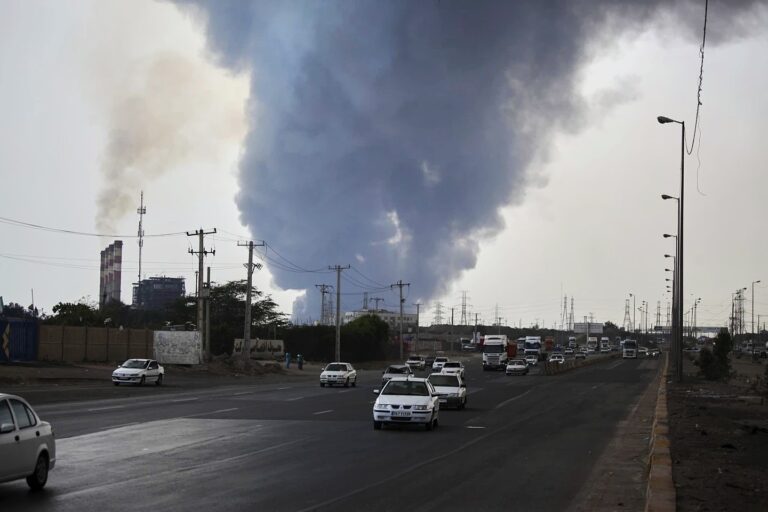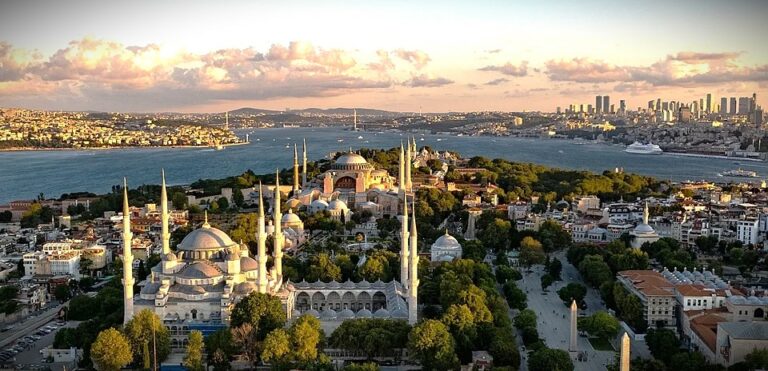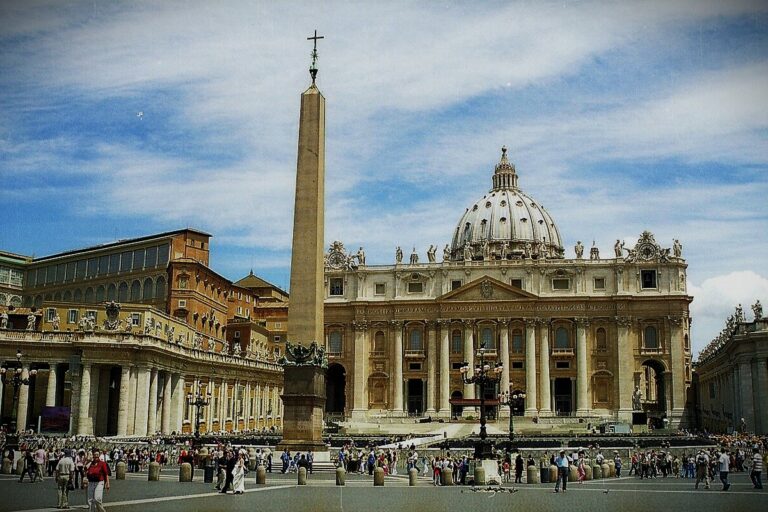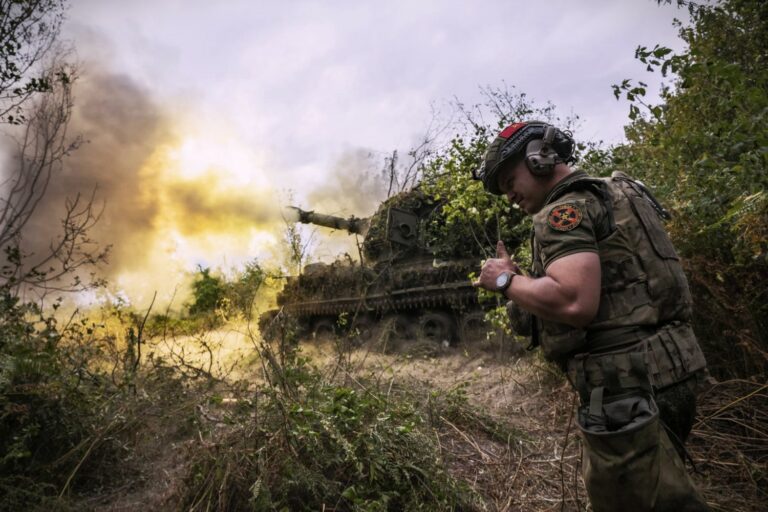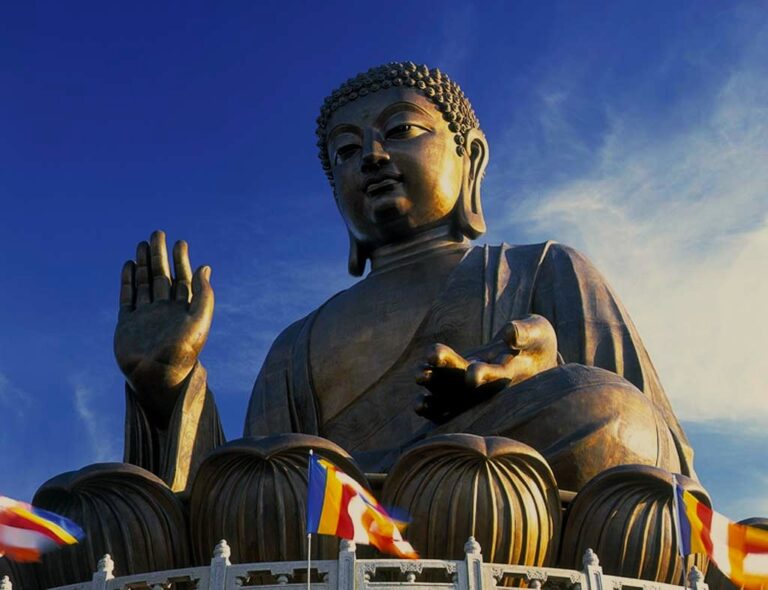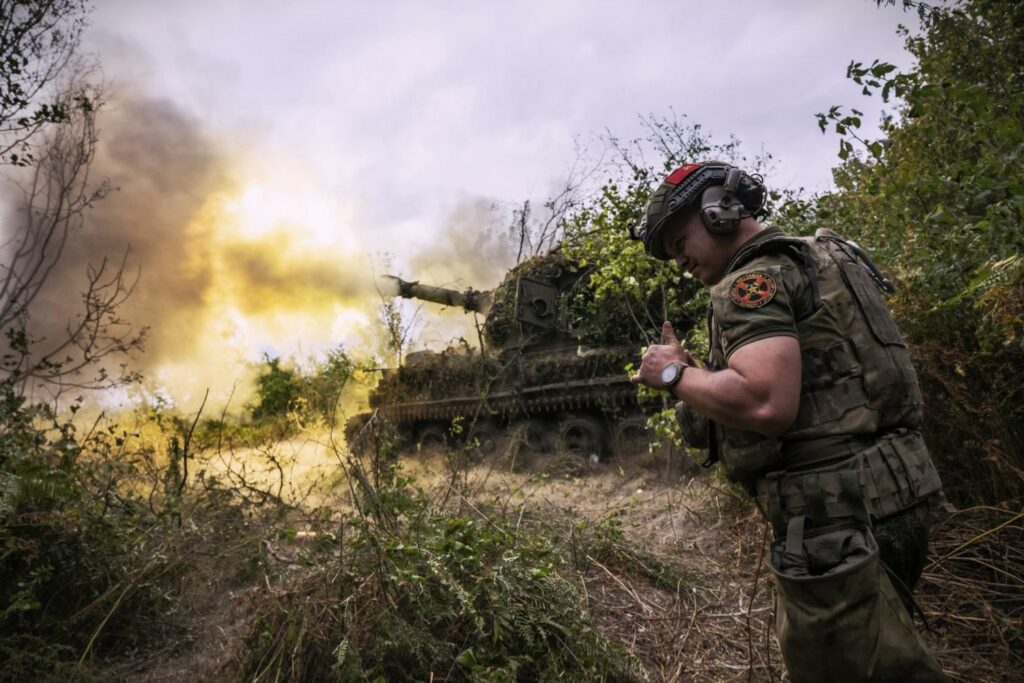
Kursk, Russia – April 26, 2025
Russian President Vladimir Putin announced today that Russian forces have regained full control over the Kursk region, marking what he called the end of Ukraine’s ambitious incursion that began nearly nine months ago. The announcement came amid celebrations in Moscow and promises of further advances into Ukrainian-held territory.
In a televised address, Putin hailed the operation as a “decisive and historic victory,” emphasizing that Ukrainian troops had been expelled from all occupied settlements. “The Kursk offensive by the Kyiv regime has been completely neutralized,” he declared, framing the outcome as a testament to Russia’s military resilience.
The operation to retake Kursk, according to Russian military officials, was bolstered significantly by international support — notably the deployment of around 14,000 North Korean troops, who reportedly played an active role in the final push to reclaim the last Ukrainian strongholds. General Valery Gerasimov praised their involvement, calling it “a symbol of global solidarity against Western aggression.”
However, Kyiv pushed back against these assertions. In a statement released by the Ukrainian General Staff, officials confirmed that Ukrainian forces were still engaged in active combat within Kursk and neighboring Belgorod regions. “The battle is not over,” the statement read. “Russian proclamations are premature and intended to mislead the public.”
Ukraine had launched its offensive into Kursk in August 2024, aiming to exert pressure on Moscow during stalled peace talks. At the height of the operation, Ukrainian troops captured approximately 1,300 square kilometers, including over 100 towns and villages — the largest cross-border incursion since the Second World War.
Despite Russia’s claims of complete success, reports from local sources suggest that sporadic fighting continues, particularly in southern Kursk. Ukrainian units are believed to be holding defensive positions, employing guerrilla tactics to delay full Russian consolidation of the region.
Meanwhile, international diplomatic efforts to end the broader conflict remain fragile. A much-anticipated meeting between U.S. President Donald Trump and Ukrainian President Volodymyr Zelenskyy at the Vatican produced no major breakthroughs. While both leaders reaffirmed their commitment to seeking a ceasefire, sources close to the negotiations indicated that further talks have been indefinitely postponed.
The situation in Kursk remains fluid, with both Russia and Ukraine spinning competing narratives for their domestic and international audiences. Analysts warn that even if Moscow secures territorial gains, the human and material costs of the prolonged fighting will continue to strain both sides, potentially shaping the next phase of the war.
As the front lines shift and the political stakes rise, the world watches closely — uncertain whether the recapture of Kursk marks the beginning of the end, or simply another chapter in a grinding conflict with no clear resolution in sight.
